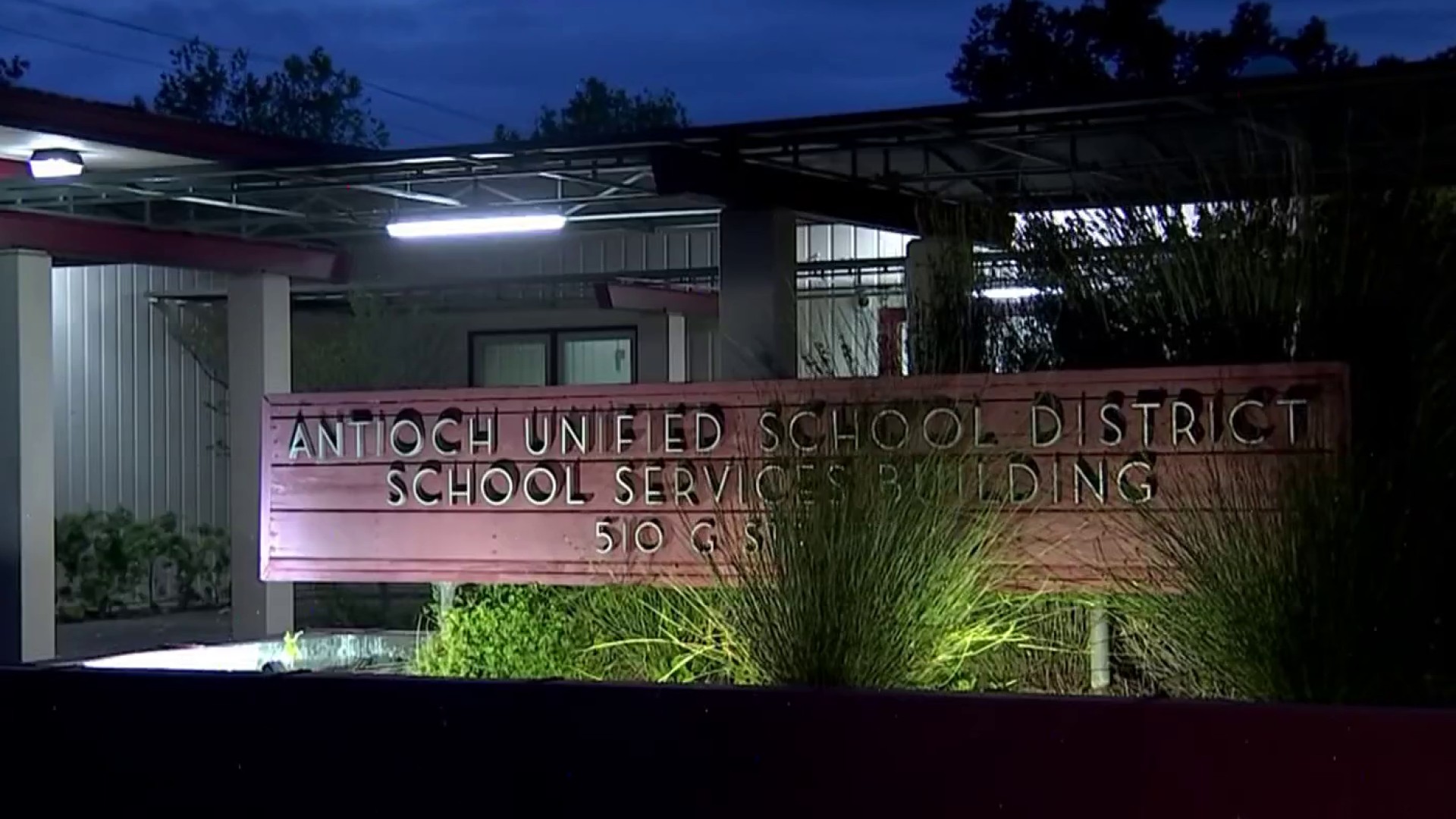There’s a new push on Capitol Hill in Washington, D.C., to change United States labor laws to give children working in agriculture the same protections as children who working in any other industry.
This proposed bill, titled the CARE Act, introduced in Congress earlier this month, would remove agricultural exemptions for large corporate farms from the Fair Labor Standards Act, which was first passed in 1938.
The move follows an investigation by NBC Bay Area where the team found dozens of children, some as young as 8 years old, working in agriculture of America, from the fruit and vegetable harvests in California’s Central Valley to North Carolina tobacco fields.
This month, Los Angeles Congresswoman Lucille Roybal-Allard (D) reintroduced the CARE Act because she says the time has come to stop this practice.
Local
Similar proposals by Roybal-Allard have failed in the past. But she says she won’t rest until there are the same protections for children working in agriculture as for all other children working in every other industry in America.
According to the Bureau of Labor Statistics, the risk for teen workers under the age of 18 dying while working in agriculture is nearly four and half times higher than for any other kid doing another type of job.
Even as the political battle over this issue looms on Capitol Hill, 3,000 miles away in California’s Central Valley, children are already back out at work with their families, trying to earn enough money to make ends meet.
Even young middle school students left class in South Texas or Mexico to travel with their families north to Central California, where the work starts before 6 a.m. and doesn’t end until after 4 p.m.
Then, many of these young people go to school until after 8 p.m. to keep up with their peers, who are out enjoying their summer vacation.
Then they go to bed and back to work early the next morning. It’s a brutal routine that these youth repeat again and again all summer long.
They aren’t working on small family farms either.
They work for large corporate farms, putting in 10- to 12-hour days in temperatures that often reach 100 degrees or higher.
“They come and work as much as they can,” said Ruby Garrison, who oversees a migrant work camp in the Central Valley.
This year Garrison saw families arrive in early April to begin work.
“Kids from a very small age to (those) growing to be teenagers,” Garrison said. “And as soon as they get an opportunity they begin working in the fields.”
For 14 months, NBC Bay Area’s Investigative Unit has followed some of these children and their families as they perform some of the hardest work there is: pruning, picking and packing the fresh fruits and vegetables that feed America and the world.
The Unit found and talked in depth to dozens of children, all but one who was born in the United States. They all said they had been working in the tomato fields, peach orchards and everything in between since before they were 13 years old. Some began working at the ripe age of 8.
This is all legal and possible because of an exception in current United States labor law that allows a child to work the fields even though the same law requires a child has to be at least 14 before he or she could legally work even limited hours indoors at a fast food restaurant, office or grocery store.
“Right now we have approximately 400,000 children who work in agriculture ,and they are not working on their family farms. These are children who are being hired to work on these farms,” said Congresswoman Roybal-Allard. “We need to stop this. This is a national disgrace that we need to stop.”
If Roybal-Allard’s proposed bill becomes law, the CARE Act would give the same labor protections to children working in agriculture as children who work in any other industry in America.
“They (children working in agriculture) are not protected under the same child labor standards as children in every other industry,” said Roybal-Allard. “They are able to work long hours at younger ages and in hazardous conditions.”
Even so, Roybal-Allard admits that the bill faces a steep political opposition in Washington.
The CARE Act was first introduced in 2001 and has failed to pass Congress in every session where it has been reintroduced.
Those who oppose this change in the law say the CARE Act, as written, would hurt family farms and groups like 4-H clubs, Future Farmers of America and other youth organizations where kids work in the fields.
Roybal-Allard denies that. She says there are exemptions for those groups and family farms in her proposed law.
Congresswoman Roybal-Allard hopes to hold hearings on this issue later this year.
She says, if she fails again to get this law passed, she’ll keep introducing it until children in the fields get equal protection as all other children working in America.
She told NBC Bay Area that its investigation into this problem was helping to change perceptions on Capitol Hill and beyond.
“I believe the American public needs to be aware of this fact. And that is why I am so pleased that you and others are bringing attention to this tragedy in our country,” said Roybal-Allard.
If you have a tip for the Investigative Unit email theunit@nbcbayarea.com or call 888-996-TIPS.



